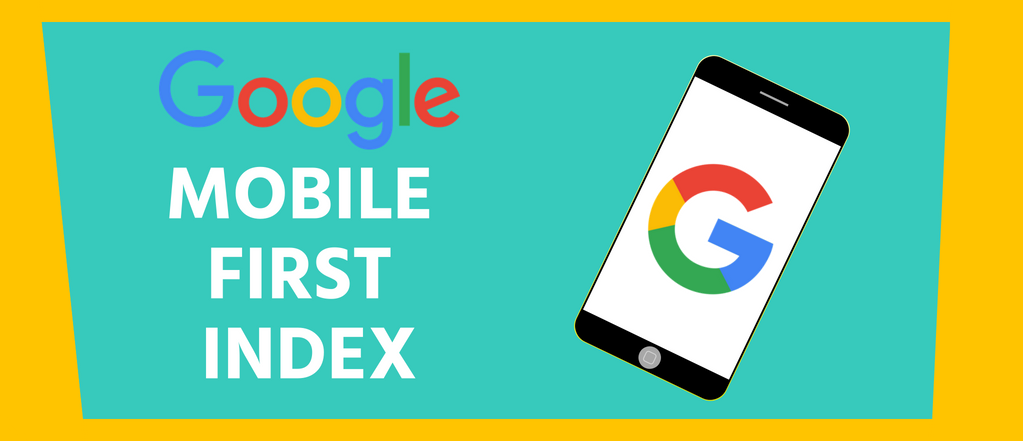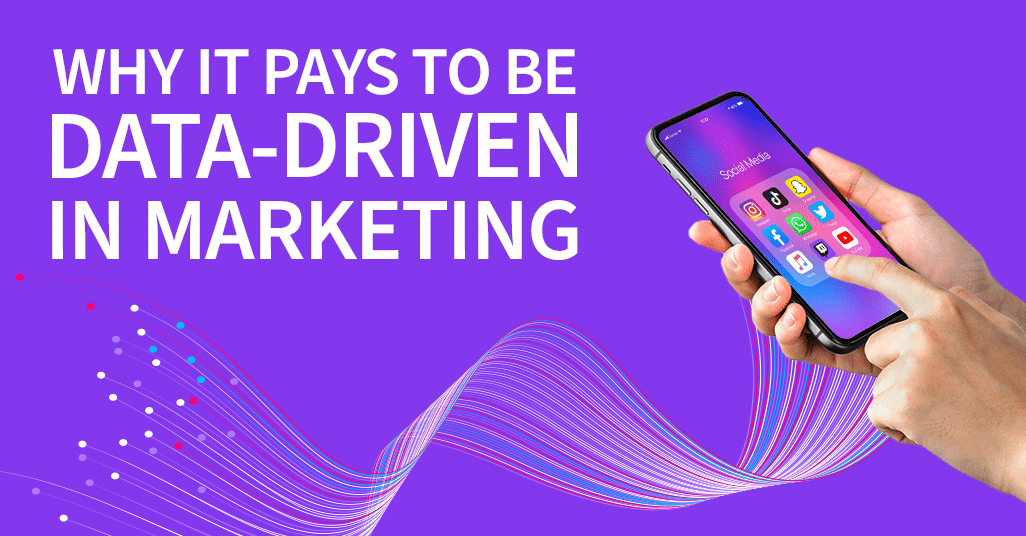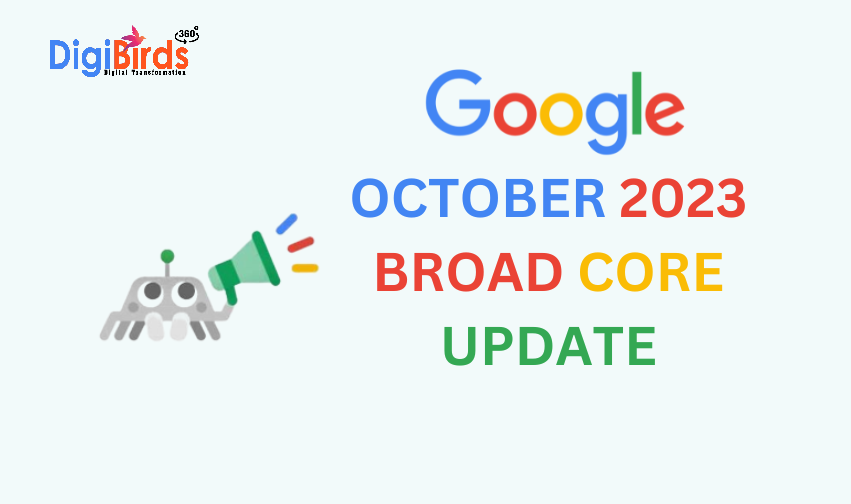"As a digital marketer, staying ahead of the curve is vital in the ever-changing landscape of SEO. Google's Mobile-First Indexing, a concept that has been in the works for nearly seven years, is finally complete. Let's delve into what this means for your website's SEO strategy, with insights from Google's recent blog post on the subject."
Mobile-First Indexing: The Long-Awaited Revolution
Google's Mobile-First Indexing initiative, which began back in 2016, has been a topic of discussion among SEO professionals for years. The concept revolves around Google primarily using the mobile version of a website for ranking and indexing, as opposed to the desktop version. This shift is a response to the increasing use of mobile devices for internet browsing.
Sources: SERoundTable, Search Engine Land, Search Engine Journal, Google Developers - Mobile-First Indexing, Google Developers Blog - Mobile-First is Here.
Understanding Mobile-First Indexing:
Google's mobile-first approach means that when Googlebot crawls your website, it will predominantly use the mobile version. This change is a reflection of the fact that more people are accessing the internet on their smartphones and tablets than ever before. It's crucial to ensure that your website's mobile version is responsive, user-friendly, and optimised for SEO.
Here's a closer look at what you need to consider
Responsive Design: A responsive website design is essential. It ensures that your site adapts seamlessly to various screen sizes, offering a consistent and user-friendly experience.
Page Load Speed:Mobile users expect fast-loading pages. Google considers page speed when ranking websites. Optimise your images, reduce server response times, and leverage browser caching to enhance your site's performance.
Mobile-Friendly Content:Ensure that your content is easily readable on mobile devices. Use legible fonts, clear headings, and concise paragraphs to engage mobile users effectively.
Mobile SEO Best Practices:Implement mobile SEO best practices, such as creating a mobile sitemap, optimising your meta tags, and using structured data markup to enhance visibility in mobile search results.
Why Mobile-First Indexing Matters:
Google's emphasis on mobile-first indexing is not just a response to changing user behaviour; it's a strategic move to improve user experience and prioritise mobile content. With mobile-first indexing, Google aims to ensure that users find the most relevant and accessible content when searching from their mobile devices. As a digital marketer, embracing this shift can benefit your SEO efforts in several ways:
Improved Mobile Rankings: Websites optimised for mobile-first indexing are more likely to achieve higher mobile search rankings, potentially increasing your organic traffic from mobile users.
Enhanced User Experience: A mobile-friendly website ensures a positive user experience, reducing bounce rates and keeping visitors engaged.
Competitive Advantage:Staying ahead of the curve in mobile optimization can give you a competitive edge in your niche.
Google's Recent Announcement:
In a recent blog post, Google reaffirmed its commitment to Mobile-First Indexing. The company highlighted the importance of a mobile-friendly website, emphasising that mobile search traffic has surpassed desktop search traffic. This shift underscores the critical nature of mobile optimization in today's digital landscape.
Google's blog post also mentioned that, starting in March 2023, Google will primarily use the mobile version of a site's content for ranking and indexing. The desktop version will still be considered if there's no mobile version, but this emphasises the urgency of mobile optimization.
Conclusion:
In the realm of digital marketing and SEO, staying current with Google's evolving algorithms and indexing methods is crucial. With Google's Mobile-First Indexing now complete, the focus on mobile-friendly websites is more important than ever. By implementing mobile optimization best practices, you can enhance your website's performance, user experience, and search engine rankings.
As the digital landscape continues to evolve, keeping an eye on Google's updates and adapting your SEO strategies accordingly will be the key to staying at the forefront of online visibility.
Remember, SEO is a dynamic field, and what works today might not work tomorrow. Stay informed, stay agile, and keep optimising for mobile users. It's a journey that will pay off in the mobile-centric digital world of today and tomorrow.
This blog post is based on the information provided in the sources
https://developers.google.com/search/blog/2023/10/mobile-first-is-here
https://www.seroundtable.com/google-mobile-first-indexing-done-36305.html
 IND
IND AUS
AUS






